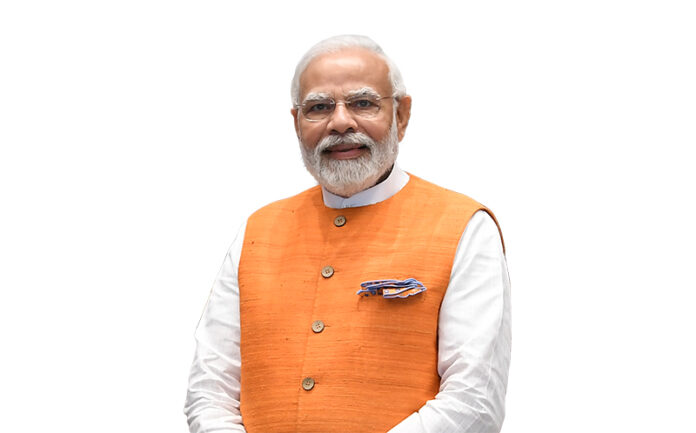Indian Prime Minister Narendra Modi meets Brunei Sultan on the 40th anniversary of diplomatic ties, with a packed agenda that includes discussions on bilateral cooperation and visits to key landmarks
Indian Prime Minister Narendra Modi has begun a landmark state visit to Brunei, marking the first-ever bilateral trip by an Indian Prime Minister to the Southeast Asian nation. This visit is a significant milestone, coinciding with the 40th anniversary of diplomatic relations between India and Brunei. Modi’s visit also includes a stop in Singapore, making it a two-nation tour with a focus on strengthening ties and expanding cooperation.
On the second day of his visit, PM Modi met with the Sultan of Brunei, Hassanal Bolkiah, a prominent figure known for his long reign and substantial wealth. Bolkiah, who is the second-longest reigning monarch globally and once held the title of the world’s richest person with an estimated net worth of around $30 billion, welcomed Modi to his luxurious residence, the Istana Nurul Iman Palace.
Embed from Getty ImagesDuring their meeting, Modi and Sultan Hassanal Bolkiah engaged in extensive discussions aimed at enhancing bilateral relations. The talks covered a broad range of topics including defense, trade, investment, energy, space technology, and health. Modi expressed his enthusiasm for deepening commercial and people-to-people exchanges between the two nations, emphasizing the potential for expanded trade ties and mutual cooperation.
The meeting was particularly significant as it marked the first time an Indian Prime Minister has undertaken such a visit to Brunei. Previous interactions between Modi and the Sultan occurred on the sidelines of the 25th ASEAN Summit in Nay Pyi Taw in 2014 and during the 2017 East Asia Summit in Manila. This visit underscores the growing importance of the relationship between India and Brunei.
As part of the visit, PM Modi will be hosted for a grand banquet lunch at the Istana Nurul Iman Palace, renowned as the world’s largest palace according to Guinness World Records. The palace is an architectural marvel, featuring 1,788 rooms, 257 bathrooms, and 44 staircases, all crafted from 38 types of marble.
Earlier in the day, Modi visited the Omar Ali Saifuddien Mosque, one of Brunei’s most iconic landmarks, and inaugurated the new Chancery of the Indian High Commission in Brunei. The visit to the mosque and the inauguration of the Chancery highlight the strengthening of diplomatic and cultural ties between the two countries.
Following his engagements in Brunei, PM Modi will proceed to Singapore. Upon arrival, he is scheduled to meet with members of the Indian community and will be hosted for dinner by Singaporean Prime Minister Lawrence Wong. This part of the tour aims to further enhance bilateral relations and explore new areas of cooperation.
Analysis:
Political: Modi’s visit to Brunei marks a significant diplomatic achievement, emphasizing India’s commitment to strengthening ties with Southeast Asian nations. The trip coincides with a notable anniversary, which amplifies its importance. By engaging directly with Sultan Hassanal Bolkiah, Modi demonstrates India’s strategic intent to deepen its influence in the region, which is crucial for enhancing regional stability and cooperation.
Social: The visit highlights the cultural and social dimensions of international diplomacy. Modi’s interaction with local officials and members of the Indian community in Brunei and Singapore underscores the role of cultural diplomacy in fostering international relations. The visit also emphasizes the importance of maintaining robust people-to-people connections, which can significantly influence bilateral relations.
Racial: Modi’s visit to Brunei, a predominantly Malay Muslim country, reflects the broader trend of Indian diplomacy engaging with diverse racial and cultural contexts. The visit illustrates India’s strategy to build bridges with nations across various ethnic and cultural backgrounds, fostering mutual understanding and cooperation.
Gender: The visit, while not directly addressing gender issues, implicitly supports gender equality through its promotion of diverse and inclusive diplomatic relations. By highlighting collaboration in sectors such as health and education, the visit indirectly supports initiatives that often include gender-focused programs.
Economic: The discussions on trade and investment during Modi’s visit are indicative of the economic goals underpinning the trip. Strengthening commercial ties and exploring new investment opportunities can lead to mutual economic benefits. The visit also aligns with India’s broader strategy to enhance its economic footprint in Southeast Asia, a region with significant growth potential.
